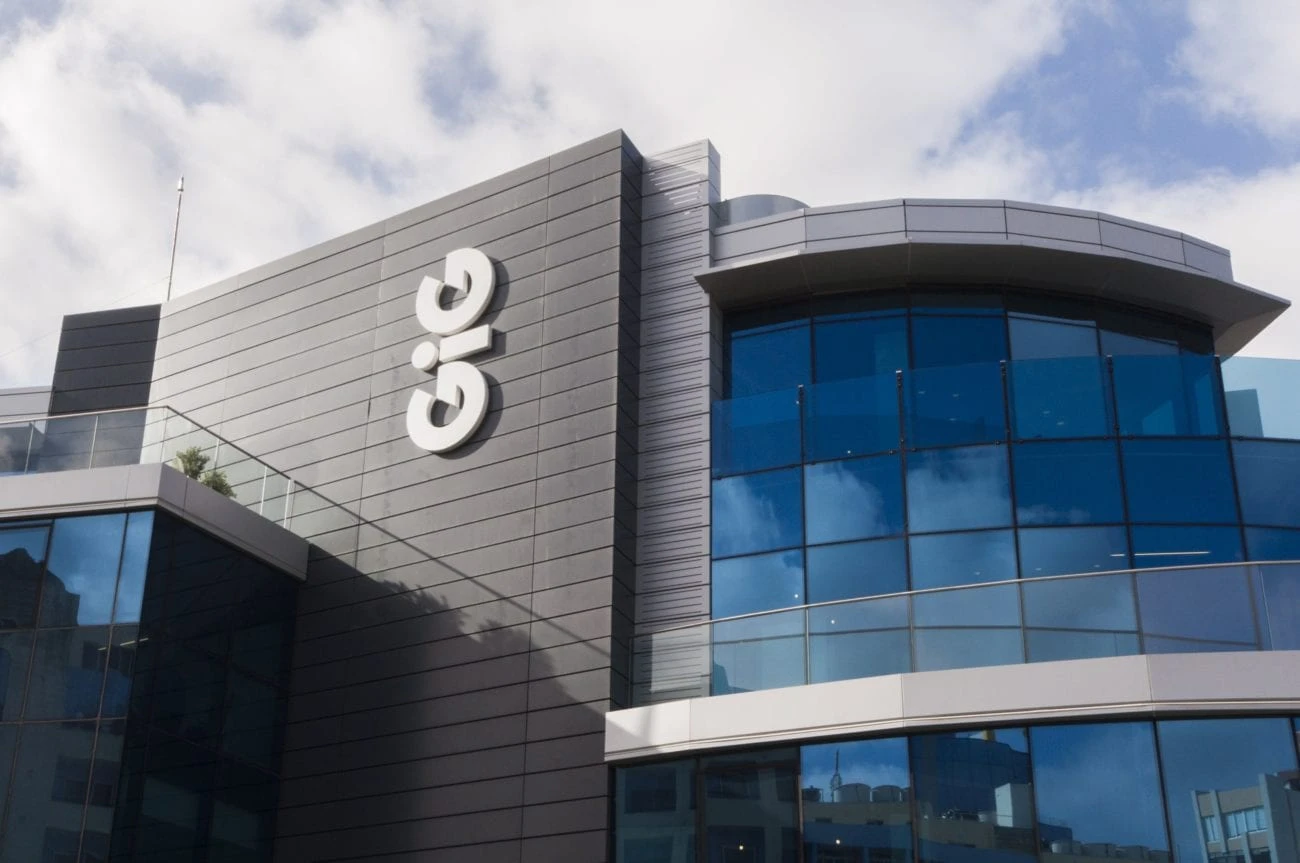Media drives GiG revenue to new record high in Q1

Media made up a larger share of revenue than in Q1 of 2021, as revenue from this category grew by 40.0% to €14.1m. GiG chief executive Richard Brown said the media unit was the main reason for the overall success of the business in Q1.
“We have made some significant strides in the first quarter of 2022, delivering all-time high revenues for the second consecutive quarter, up 27% year-on year, driven by continued outstanding performance of our media unit,” he said.
“Our media division continues to move from strength to strength, delivering revenues of €14.1 million up 40% year-on-year. The market expansion strategy and ever increasing improvement of product shows the business continues to deliver strong organic growth.”
Breaking this media revenue down further, paid media services revenue was up 39.2% to €4.4m, while non-paid media revenue grew by 40.6% to €9.7m.
“Paid entered into four new markets in the first quarter, diversifying its portfolio and market risk,” GiG said.
Player intake from GiG’s media division reached 69,800, which GiG said was an all-time quarterly high.
“The strong growth in player intake implies a future increase in revenue as most players are generated on a revenue share contract,” the business added.
Platform services revenue, meanwhile, increased by 2.0% year-on-year to €5.0m. However, this was down 4.1% quarter-on-quarter. Since Q1 of 2021, operator Hard Rock left GiG’s platform, while a number of operators exited the Dutch market after a change in enforcement policy.
GiG noted that if the full operations of its sole Q1 white label client, SkyCity, were counted as revenue, the supplier would instead have brought in €9.0m in platform services revenue, and €23.1m in overall revenue. However, the share of revenue kept by the operator was removed first, leaving only the amount retained by GiG as per standard white label accounting practices, in order to provide a more comparable view.
Gross gaming revenue for GiG’s platform clients came to €90.0m in Q1, up 4.3% year-on-year.
The business then paid €29,000 in costs of sales, for a gross profit of €19.0m.
GiG also incurred €12.5m in other operating expenses, up 23.8%. This included €3.8m in marketing expenses, up 43.5%, plus €8.7m in other operating expenses, up 11.5%.
As a result, the supplier’s earnings before interest, tax, depreciation and amortisation (EBITDA) was €6.5m, up 32.7%.
GiG incurred €2.5m depreciation and amortisation costs, up 29.2%, plus a further €1.1m from the amortisation of acquired assets, up 2.1%, for earnings before interest and tax (EBIT) of $2.9m, up 52.3%.
After €1.7m of financial expenses, up 5.7%, plus €507,000 in unrealised currency exchange gains, down 36.0%, GiG’s pre-tax profit was €1.7m.
It paid €179,000 in tax – a major difference from Q1 of 2021’s €1.5m tax benefit – for a €1.6m profit from continuing operations, down 40.3%. After a €479,000 loss from discontinued operations and a €33,000 loss on exchange differences from foreign operations, GiG’s final profit was €1.0m, down 53.7%.
The day after the quarter ended, GiG closed its acquisition of sports betting supplier Sportnco for an initial consideration of €50.8m. GiG also assumed Sportnco’s existing debt of €19.2m, and could pay an earn-out of up to €23m, based on the supplier’s performance in 2022 and 2023.
“With the acquisition of Sportnco now completed, the business is well-positioned to accelerate further towards its strategic objectives with a much increased near and long term growth in its addressable market and increasing strength in its product proposition,” Brown said. “Our focus turns towards the execution of the post merger integration plan which we believe will deliver both significant revenue and cost optimisation synergies.”
During Q1, Sportnco brought in €2.4m in revenue and €1.4m in EBITDA.
